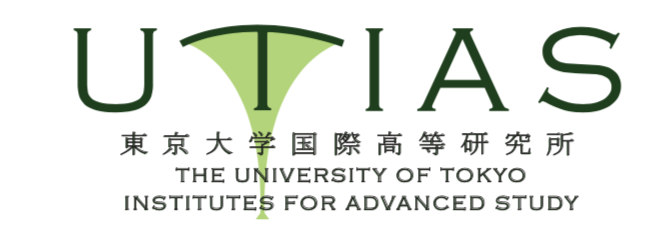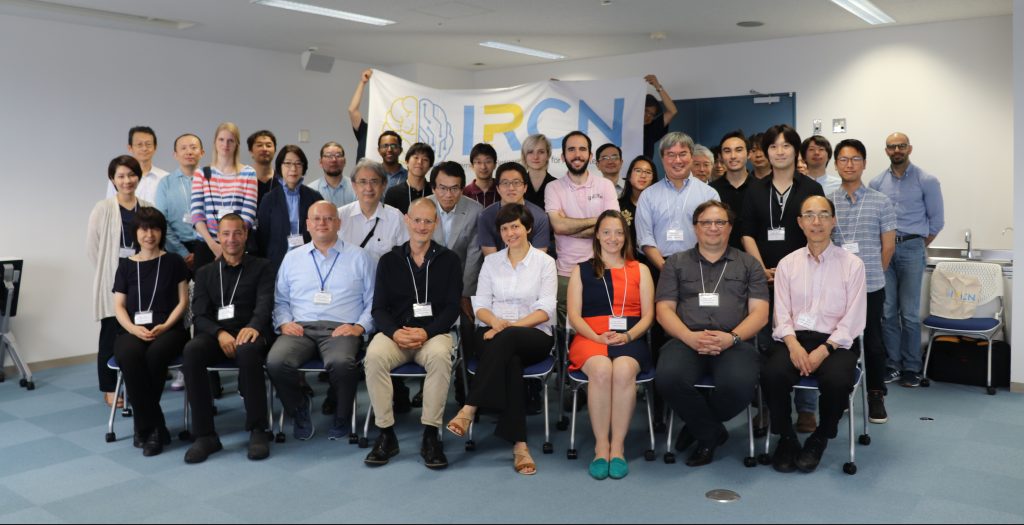
IRCN welcomed a scientific delegation from the Lemanic region of Switzerland including the University of Geneva, University of Lausanne, and EPFL Brain-Mind Institute, plus special guest Guoping Feng from MIT. The July 6-7 workshop covered the current progress in schizophrenia and autism spectrum disorder (ASD) research with a focus on two common genetics variants: 22q11 deletion and Shank3, a postsynaptic scaffolding protein. The goal was to explore how to accelerate research via collaboration, communication and exchange.
Synapsy Director Alexandre Dayer and IRCN Director Takao Hensch overviewed the two centers, respectively. NCCR, launched roughly 9 years ago, is entering a sustainable phase of bridging basic and clinical fields in psychiatric research. IRCN is just starting on its path that will merge neuroscience and computation/AI, with medical and social impact expected. Speakers from both centers alternated basic, clinical, and computation talks. Breakout discussions allowed time to consolidate scientific viewpoints and map future directions.
Stefan Eliez and Marie Schaer have developed Swiss patient cohorts in 22q11 and Shank3, respectively, and are now investigating the mechanisms in collaboration with biologists Alan Carleton and Camilla Bellone, respectively. Feng described exciting results from studies of Shank3 in mice. From IRCN Kiyoto Kasai talked about work on large adolescent cohorts, neuroimaging, and population neuroscience, while mathematician Kazuyuki Aihara explained his dynamical theory in disease prediction.
IRCN’s Yukiko Gotoh discussed the role of neural progenitors in cortical expansion and possible links to disease origins in early developmental stages, including progenitors that contribute to adult neurogenesis.
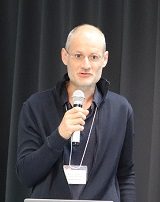 |
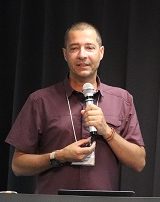 |
 |
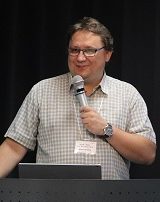 |
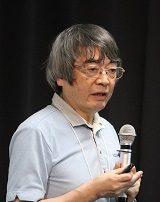 |
| Alexandre Dayer | Stefan Eliez | Kiyoto Kasai | Alan Carleton | Kazuyuki Aihara |
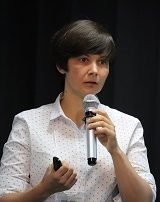 |
 |
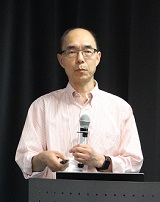 |
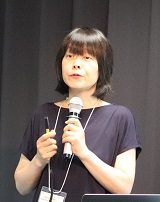 |
| Marie Schaer | Camilla Bellone | Guoping Feng | Yukiko Gotoh |
The workshop highlighted the complementarity of the two centers and possible collaborations encompassing globalized basic-clinical research. The IRCN Office for Research Strategy is now investigating the specific research collaborations and funding mechanisms that might build bridges between the centers at multiple levels.

For more detail about the program, please refer to the event page. (https://ircn.jp/en/events/20190706_nccrircnworkshop)
Correspondent: Charles Yokoyama, Ph.D., IRCN Science Writing Core


